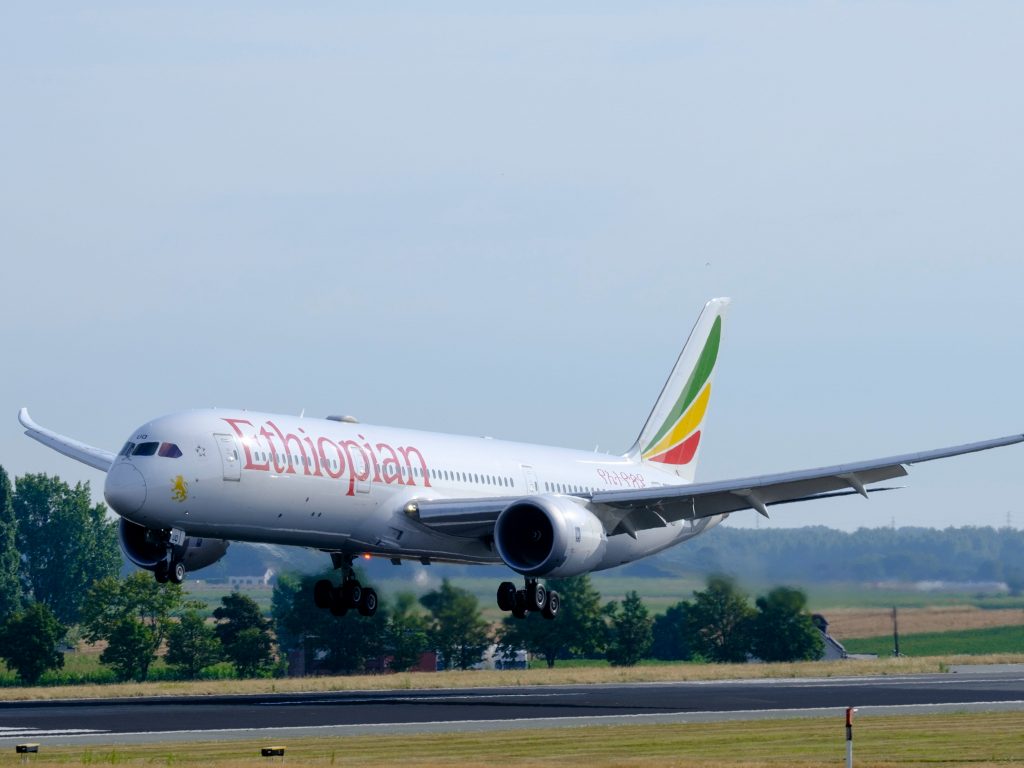- An Ethiopian flight missed its descent into a major airport because the pilots reportedly fell asleep.
- Ethiopian said it's investigating the incident, which was reported by The Aviation Herald.
- An Ethiopian spokesperson told Insider the flight's crew had been removed from operations.
An Ethiopian Airlines flight missed its descent into a major airport because the pilots fell asleep, The Aviation Herald reported.
The Boeing 737-800 failed to descend towards Addis Ababa Bole International Airport in Ethiopia on August 15, ultimately overshooting the runway at altitude until autopilot disconnected and sounded a warning siren, per The Aviation Herald.
An Ethiopian Airlines spokesperson declined to comment to Insider on whether the pilots had fallen asleep, but said an investigation into the incident had begun.
The spokesperson said: "We have received a report which indicates Ethiopian flight number ET343 en route from Khartoum to Addis Ababa temporarily lost communication with Addis Ababa Air Traffic Control on 15 August 2022. The flight later landed safely after communication was restored."
The spokesperson continued: "The concerned crew have been removed from operation pending further investigation. Appropriate corrective action will be taken based on the outcome of the investigation. Safety has always been and will continue to be our first priority."
According to The Aviation Herald, the pilots failed to respond to multiple communication requests from air traffic control, but were woken by the autopilot's "disconnect wailer" after the aircraft overshot the runway.
Data from FlightAware, the plane-tracking service, shows the flight overshot the runway at Addis Ababa before briefly picking up speed and making a 25-minute-long descent into the airport.
The Boeing 737-800 hit an altitude of around 37,000 feet on the near-2-hour journey between Khartoum International Airport in Sudan and Addis Ababa.
Pilot fatigue has been reported by an increasing number of whistleblowers from several airlines, as pilot shortages combined with a summer upsurge in travel demand puts pressure on crews.
In May, La Repubblica reported a similar incident in which it said both pilots had fallen asleep on a flight between New York and Rome, with both unreachable for just over 10 minutes.
Insider reported in July that regulators were investigating Wizz Air after its CEO encouraged pilots to fly more hours, while airline staff told CNN that sickness and fatigue levels had gone "through the roof" as travel chaos built up over recent months.
